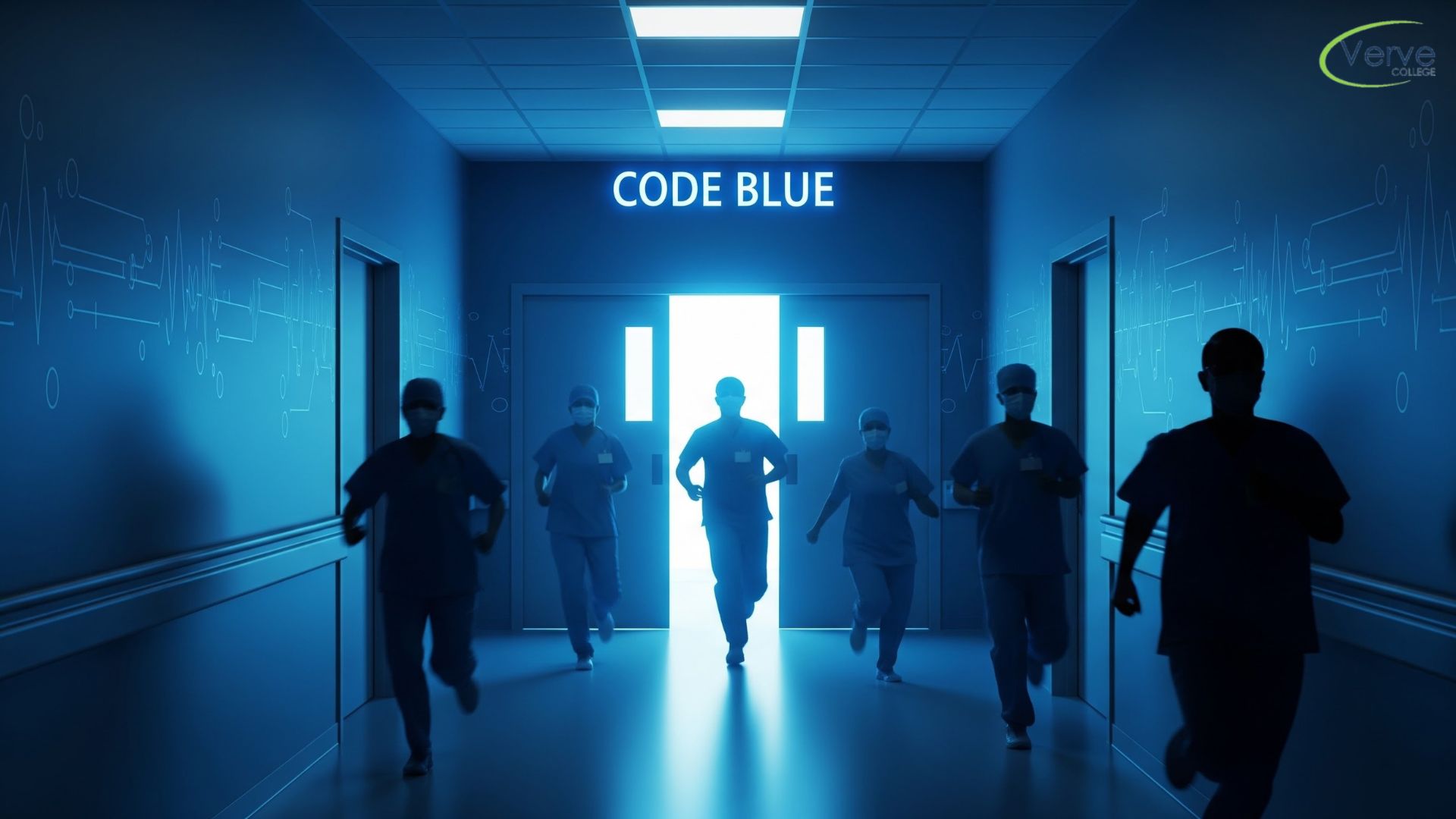- Oak Brook:(630) 705-9999
- Chicago:(312) 920-8822
- Email:inquiry@vervecollege.edu
- Make a Payment
- Home
- Programs
- Admission
- Resources
- ATI Entrance Exam Resources
- New E-Digital Library
- Refer a Friend
- School Newsletter
- Events
- Employers
- Job-Network
- Alpha Beta Kappa Candidates
- Verve College Library
- Graduation and Pinning Ceremony Photo Galleries
- Textbook Information
- Career Services
- Tutoring
- School Catalog
- FAQ
- Constitution Day Program
- Alumni
- Verve College Plans
- Financial Aid
- HEERF Reporting
- Satisfactory Academic Progress
- Apply For Financial Aid
- Net Price Calculator
- Return of Title IV Funds (R2T4)
- Financial Aid Office Code of Conduct
- Contact
- FAQs
- Verification Policy
- Vaccination Policy
- Student Right-to-Know Act
- Misrepresentation
- Information Security Program
- Academic Award Year
- Availability of Employee
- Cost of Attendance
- Health & Safety Exemption Requirement
- Students Rights and Responsibilities
- Leave of Absence
- Pell Formula
- Military Students
- Grants/ Scholarship Policy
- Contact Us
- Testimonials
- Blog
Is a Nursing Career Right For You?
Take The Free Quiz
Why Sleep Deprivation Matters in Healthcare?
Why Sleep Deprivation Matters in Healthcare?
People often believe that healthcare professionals are healthier than other people. The COVID-19 pandemic, however, has shed a worrying spotlight on the mental and physical well-being of health professionals as well as their inability to sleep. To address sleep deprivation in medical professionals, licensed practical nursing schools or community colleges that offer prerequisite courses can also be helpful.
Lack of sleep can be detrimental to well-being and has been proven to be a significant risk of the decline of cognitive function and early death in a variety of health care. It is my privilege to be an expert in the field of sleep deprivation in medical professionals and stress in middle-aged adults in the workplace. My studies have shown that stress at work can affect the quantity and quality of sleep. Not only that, inadequate sleep can increase the risk of adverse health outcomes for health professionals and their patients.
Sleep Disorders Are Frequent Among Health Professionals
Healthcare professionals face a myriad of pressures and stressors. Numerous studies have demonstrated that sleep plays an important part. For instance, a review in 2016 of multiple studies about the effects of sleep deprivation on nurses revealed that 55% of nurses work more than 40 hours a week. 30%-80% of nurses report less than six hours of rest every night. Research I have conducted that is focused on direct-care practical nurses provided by health care teams at nursing homes and clinical settings, including nursing assistants, personal assistants, and home health aides, has produced similar results. We discovered that 57% of direct-care employees working in a long-term care facility and 68 percent of nurses or healthcare teams in a cancer center were experiencing symptoms of insomnia, such as insomnia, difficulty sleeping, and frequent wake-ups during the night.
Sleep issues are more frequent among health professionals who got diploma program from LPN classes than among healthcare workers in other variety of settings. A CDC study of 2013-2014 information on 22 occupational categories found that healthcare support staff and healthcare practitioners were the third and second highest levels of sleep duration that were short (defined as less than 7 hours. Approximately 40% of them experience short sleep. A 2018 study showed similar results, with the health care support professions remaining in the second position at 45%.
Sleep deprivation in medical professionals occurs in various forms. My research team and I evaluated the quality of sleep of 1,220 direct care workers with 637 IT office workers employing both self-report as well as sleep actigraphy tests, which is a method used to objectively measure patterns of sleep and wake by analyzing the movement. We discovered that more than 60% in both categories had at least one sleep problem in the last month, including insomnia, sleep insufficiency, sleep with a shorter duration, or a higher number of nighttime wake-ups. Direct patient care workers, however, had less favorable sleep patterns across several dimensions of sleep, which are essential to optimal health and functioning. They include satisfaction, regularity with alertness, vigilance, timing effectiveness, and length.
For those looking for a career in healthcare with possibly more predictable consecutive hours, LPN nursing programs with clinical courses offer an appropriate answer, even if the demanding schedules of many healthcare professions can lead to sleep deprivation.
Sleep Issues for Health Workers Can Cost a Lot of Money
The effects of insomnia are a substantial economic and health burden for the public. In 2010, estimates suggested that insomnia caused U.S. workers an annual total of 252.7 days of lost productivity and US$63.2 trillion.
For health professionals especially, inadequate sleep duration, poor sleep quality, and untreated insomnia can lead to medical errors on the frontline in healthcare settings. A study in 2020 found that sleep-related impairment with a high level is linked with 97% higher odds of self-reported medically significant errors in physicians. Sleep deprivation has also been linked to lower safety for patients and a lower rating for quality of nursing care to patients for vocational nurses or healthcare providers.
One night of not enough sleep may reduce cognitive performance by approximately 25%. The effects of long-term sleep disruption on performance have been similar to the effects of alcohol 19 hours of constant alertness was found to be the equivalent of the blood alcohol concentration of 0.05%, and 24 hours of sleep can lead to 0.10%.
 Sign up
Sign up Login
Login




